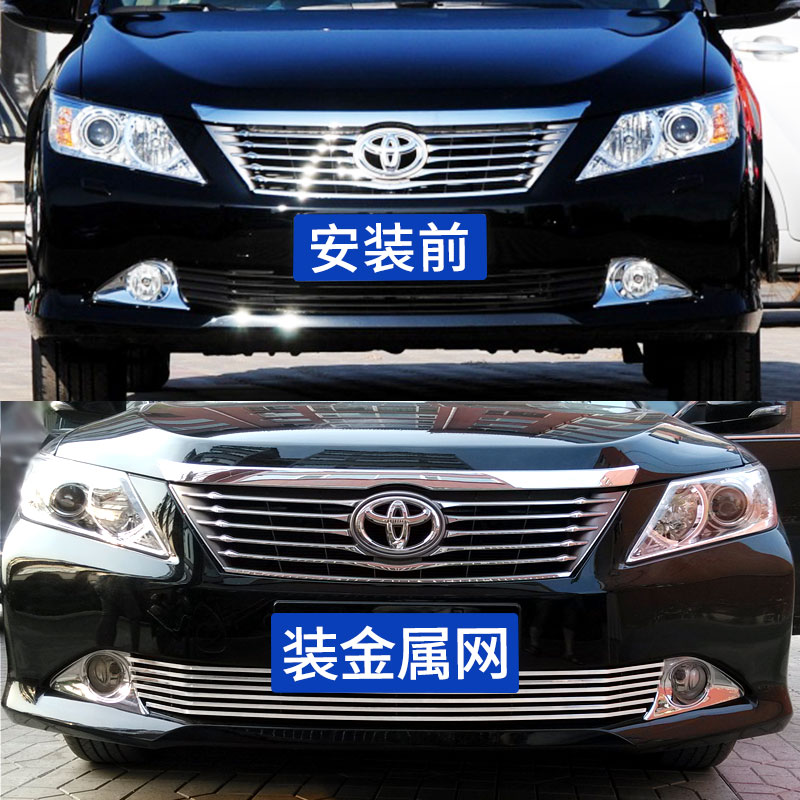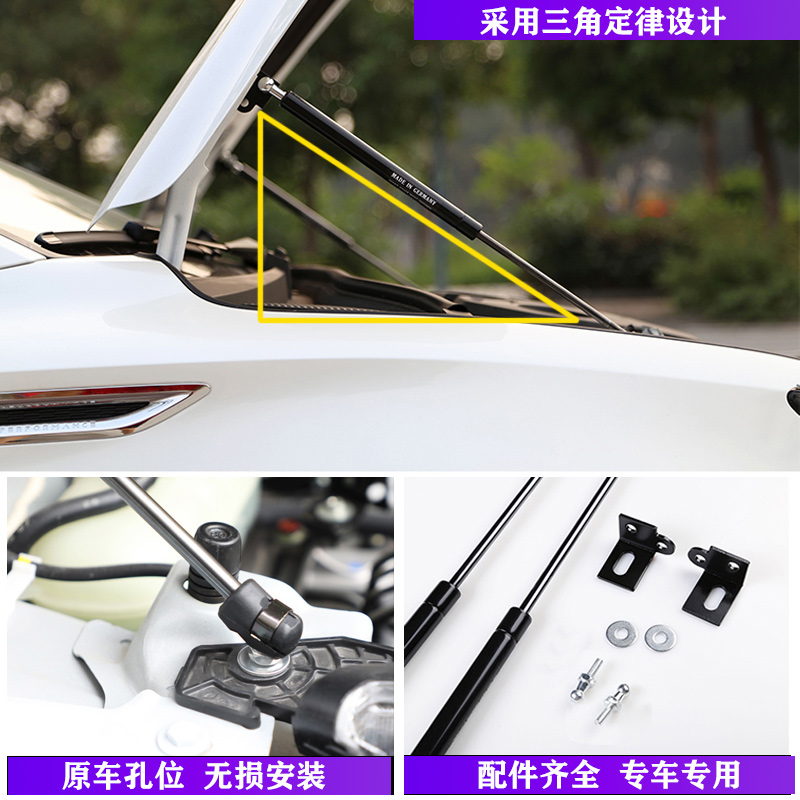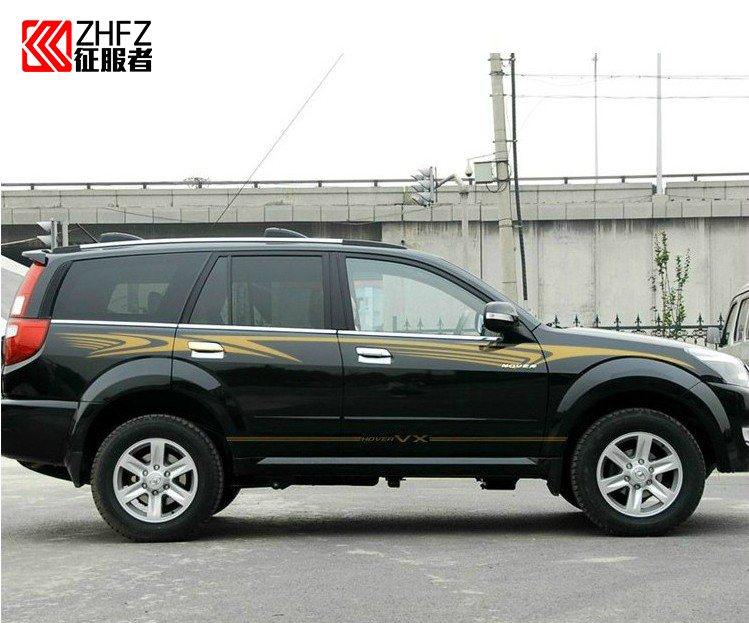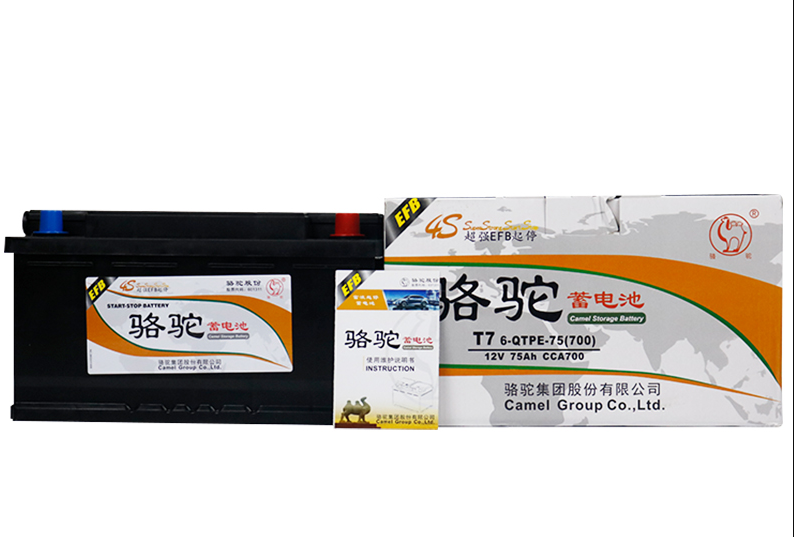UN rapporteur asks China not to forcibly deport North Korean escapees
2024-06-06 22:57:37 点击:736
 |
| Elizabeth Salmon, the U.N. special rapporteur for human rights in North Korea, speaks during a meeting with Unification Minister Kim Yung-ho, not pictured, at the Government Complex in Seoul, Monday. Salmon asked Beijing not to forcibly deport North Korean escapees, Tuesday, saying all member states should respect U.N. treaties. Yonhap |
Member states must comply with principle of non-refoulement, Salmon says
By Jung Min-ho
Elizabeth Salmon, the U.N. special rapporteur for human rights in North Korea, asked Beijing not to forcibly deport North Korean escapees, Tuesday, saying all member countries should comply with the principle of non-refoulement.
At a press conference where she shared the results of a nine-day visit here, Salmon said she was "extremely concerned" about the risk of grave human rights abuses facing some 2,000 North Koreans detained in China.
Her request comes at a time when North Korea is easing border restrictions in a clear sign of reopening after three years of extreme pandemic isolation.
"I welcome the partial reopening of the borders by the DPRK (North Korean) authorities. I hope that the DPRK will restart its engagement with the international community and with the U.N. human rights mechanism," Salmon said at the Press Center in downtown Seoul.
"However, like many, I am extremely concerned about the imminent risk of forced repatriation of North Koreans detained in other countries. The U.N. human rights mechanisms, including my mandate, have regularly raised concerns with China and other member states that forcibly repatriated individuals to the DPRK are at the real risk of torture and other ill treatment upon return."
Female escapees are especially vulnerable, she said, saying they are, for example, subject to invasive body searches ostensibly "aimed at searching for money hidden in their body cavities and genitals."
"Member states must refrain from forced repatriation in compliance with the principle of non-refoulement, which is customary international law and applies to individuals at risk of being subject to torture and ill treatment regardless of their migration status," she added.
Rights experts say the forced repatriation of escapees ― for whatever excuse Beijing offers ― is a clear violation of multiple U.N. treaties, including the Convention Relating to the Status of Refugees, which it promised to respect as a participating party.
During her visit, Salmon held meetings with government officials, North Korean defectors as well as the families of abduction victims and prisoners of war.
In many ways, the human rights situation in North Korea is worsening, according to Salmon. Growing government control over the economy and COVID-19 are among the causes of the worrying trend, she said.
"I discussed the ongoing dire human rights situation in DPRK with different actors," Salmon said.
"The prolonged border shutdown, which started in early 2020, has brought increased hardship to the people in the DPRK. Jangmadang (markets) have been significantly repressed with stricter control on the movement of people and commercial activities, depriving a vast number of people from their livelihoods and preventing many from buying food."
From her long experience as a human rights advocate, Salmon said she has come to realize that there could be a strong correlation between human rights and security, adding that she plans to look into the subject as part of her efforts to promote human rights.
Salmon arrived in South Korea last Monday. It is her second official trip here since assuming the post in July last year.
The previous day, Salmon had a meeting with Unification Minister Kim Yung-ho, who asked her to expand cooperation so they could increase international pressure on the North Korean regime to improve the rights of its own citizens.
In that effort, Kim said the ministry has been formulating a strategy, through which he seeks to reinforce collaboration with multinational rights institutions such as the U.N. agencies.
Salmon acknowledged the ministry's renewed efforts to resolve issues involving the victims of North Korea's abductions and prisoners of war.
Later that day, Salmon also met with Foreign Minister Park Jin, who congratulated the U.N.-mandated Commission of Inquiry (COI) on human rights in North Korea on the 10th anniversary of its foundation. This special year, Park said, should boost the momentum for raising global awareness of the issue.





